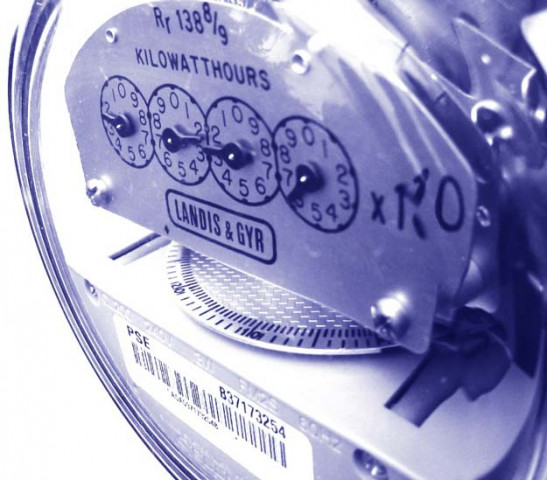The energy follies continue
How does the govt plan on cracking down on power theft when it creates plenty of disincentives for honesty

ill paying consumers of electricity will be made to pay for the government’s inability to anticipate and manage the petrol crisis.
The actual tariff increase in question is not very large — 12 paisas per kilowatt-hour, which amounts to less than a two per cent increase in rate — but it is the principle of the matter that bothers us. The petrol crisis was a direct result of three factors, all of which are the government’s fault. Firstly, the policy of sudden, monthly changes in prices rather than smaller, daily shifts, was responsible for the sudden surge in demand. Secondly, the government’s failure to anticipate that demand surge caused the supply crunch. And finally, Finance Minister Ishaq Dar’s decision to prevent the PSO from buying the foreign exchange it needed to buy oil — just because he wanted to meet his year-end reserves target — caused the situation to worsen even more than it needed to. Why, then, is the bill-paying consumer being forced to pay the cost of this crisis? What fault is it of the millions of honest, hard-working people who pay their bills in full and on time? Why are they being made to pay? By making them fork over the money, the government is effectively saying that those who obey the law would perhaps be better off if they had decided to join those who flout it openly. How does the government plan on cracking down on theft when it creates no disincentive for thieves and plenty of disincentives for honesty?
Published in The Express Tribune, March 9th, 2015.
Like Opinion & Editorial on Facebook, follow @ETOpEd on Twitter to receive all updates on all our daily pieces.














COMMENTS
Comments are moderated and generally will be posted if they are on-topic and not abusive.
For more information, please see our Comments FAQ